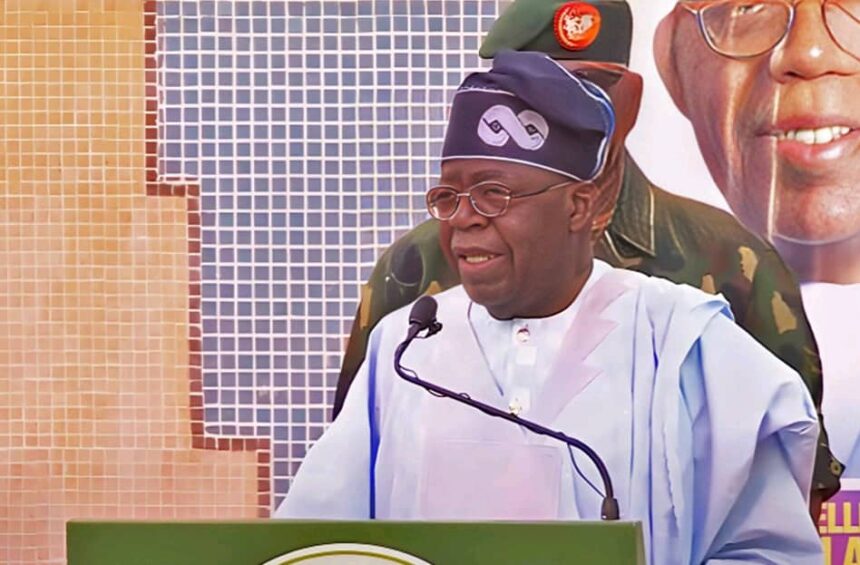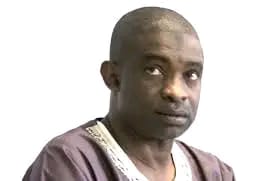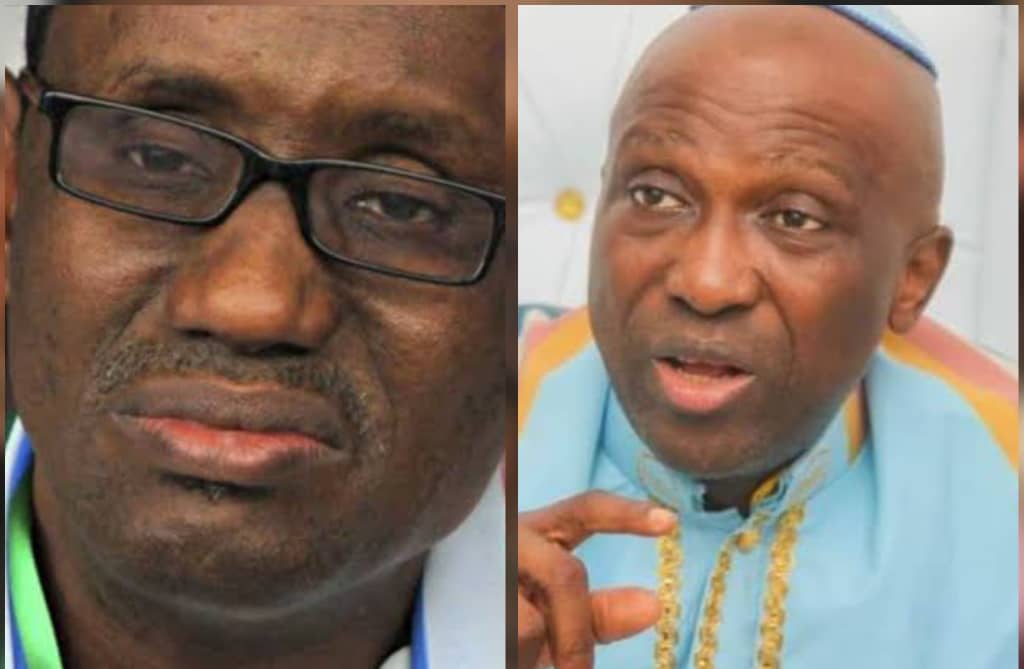President Bola Ahmed Tinubu has expressed frustration over the lack of arrests following a recent deadly attack in Yelwata, a community in Guma Local Government Area of Benue State, which claimed the lives of over 100 people.
Speaking on Wednesday during a stakeholders’ meeting held in Makurdi, the Benue State capital, the President directly questioned the Inspector-General of Police, Kayode Egbetokun, over what he described as a failure of law enforcement to act decisively in the wake of the killings.
“Police,” Tinubu said, addressing the IGP, “I hope your men are on alert to listen to information. How come no arrest has been made? I expect there should be an arrest of those criminals.”
The President’s comments underscore growing national concern over escalating insecurity in parts of the country, particularly in Benue State, which has been repeatedly hit by violent attacks attributed to armed groups and suspected herdsmen.
Tinubu also used the occasion to urge the nation’s top security and intelligence chiefs to enhance their coordination and intelligence-gathering mechanisms in order to prevent similar tragedies in the future. He addressed the Chief of Defence Staff, General Christopher Musa, along with the heads of the Nigerian Air Force, the National Intelligence Agency (NIA), and the Department of State Services (DSS), stressing the need for stronger efforts in tackling terror and insecurity.
“Christopher, you have given much. I watch your comments; you can’t be tired of staying in the bush,” Tinubu said. “Oloyede and the Air Marshal, we thank all of you, but we need to keep our ears to the ground. Let’s get those criminals, let’s get them out. DG NIA, DG SSS, retool your information channels and let’s have tangible intelligence so that this will not occur again.”
President Tinubu’s appeal comes amid heightened pressure on the federal government to address the security situation across several states, with Benue being among the most affected in recent years. Dozens of attacks have taken place in rural communities, often resulting in significant loss of life and mass displacement of residents.
Governor Hyacinth Alia of Benue State, who hosted the meeting, also addressed the gathering and called on the federal government to support the creation of state police as part of broader reforms aimed at improving local security.
The governor emphasized that the current policing structure is inadequate for the scale of violence and insecurity being experienced in the state. He also called for the establishment of a federal intervention fund to assist states like Benue that are dealing with persistent violent conflict.
According to Alia, the establishment of state police would enable a more rapid and community-based response to threats and improve the overall security landscape in rural and urban areas of the state.
Calls for state police have been growing in Nigeria as various regions grapple with distinct security challenges that often outpace the capacity of the federal security forces. Advocates argue that decentralizing policing would allow each state to address its unique security issues more effectively.
Despite repeated deployments of military and paramilitary forces, deadly attacks continue to plague parts of Benue and neighboring states. Victims of these attacks often include farmers, villagers, and travelers, with many communities left in fear and without adequate protection.
President Tinubu’s remarks in Makurdi signal a potentially tougher stance on security management, particularly with regard to accountability among the leadership of Nigeria’s security agencies. However, civil society groups and affected communities continue to demand not just stronger rhetoric but real action and visible results on the ground.
As of Wednesday, there were still no official reports of arrests connected to the Yelwata killings. The Federal Government has not yet provided a timeline or roadmap for the implementation of state police, though consultations on security reforms are said to be ongoing.





